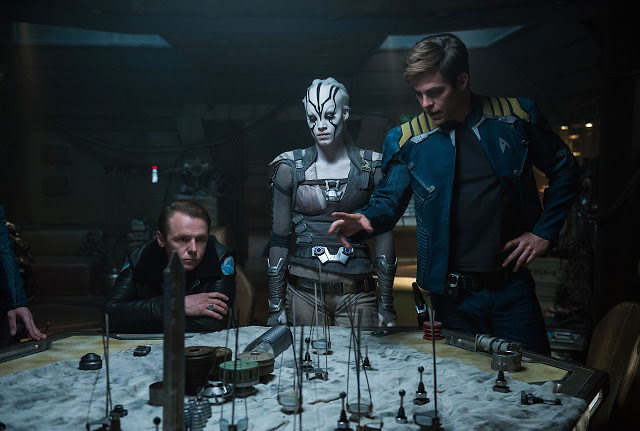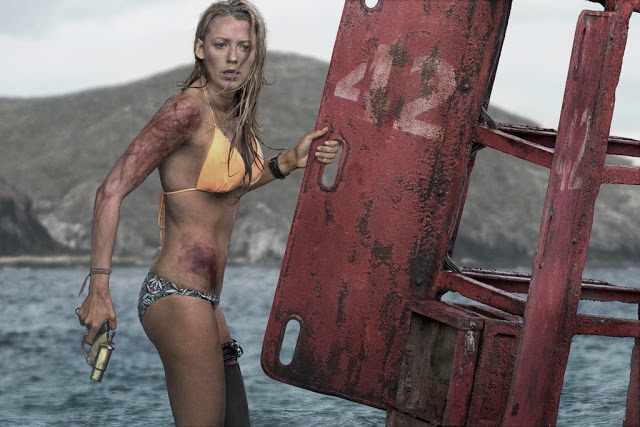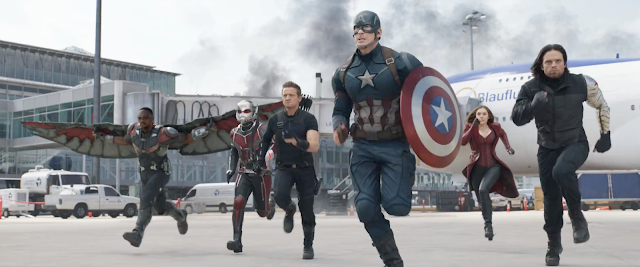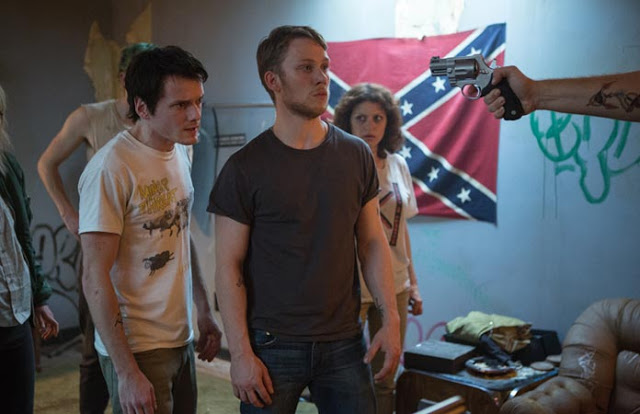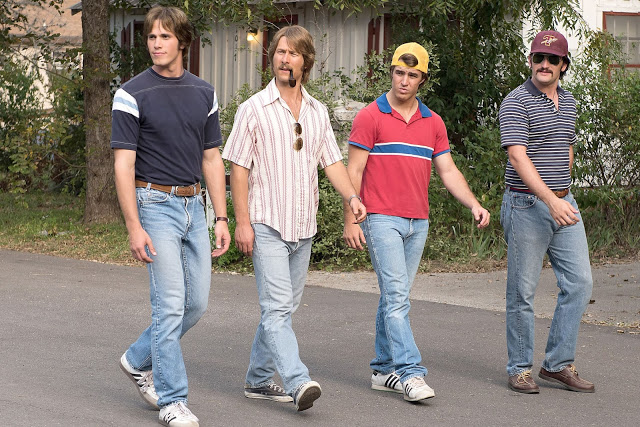Star Trek Beyond: Deep in Space, a Crew Bands Together
“Things have started to feel a little episodic,” Jim Kirk confesses at the beginning of Star Trek Beyond, the fleet and fun third installment of the rebooted Star Trek franchise. He’s musing about his role overseeing the increasingly routine voyages of the Starship Enterprise, but it doesn’t require a doctorate in meta to connect his observations to the other vehicle he’s piloting, namely the Star Trek franchise itself. Kirk’s opening voiceover articulates the central challenge that every studio-sanctioned cinematic series faces: How do you continue serving your fans but prevent the proceedings from growing stale? Can you deliver something more without just providing more of the same?
Star Trek Beyond—directed by Fast & Furious veteran Justin Lin, taking the reins from J.J. Abrams (who has since migrated to a different galaxy)—doesn’t entirely solve this paradox, but it does thread the needle about as well as a big-budget three-quel can. Light and lively, with a refreshing focus on character and a blessed scarcity of mind-numbing spectacle, it’s a satisfying continuation, one that cannily plays up the franchise’s strengths (interpersonal dynamics, cheeky comedy) while minimizing its weaknesses (lack of stakes, weightless space battles). It may be just another episode in the adventures of the Enterprise crew, but it’s a damn good episode. Read More

